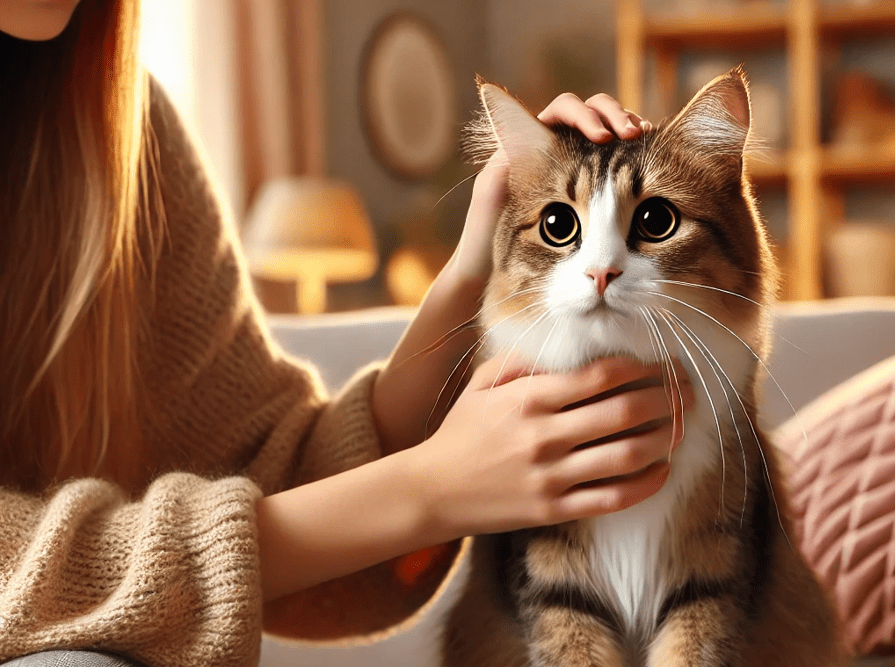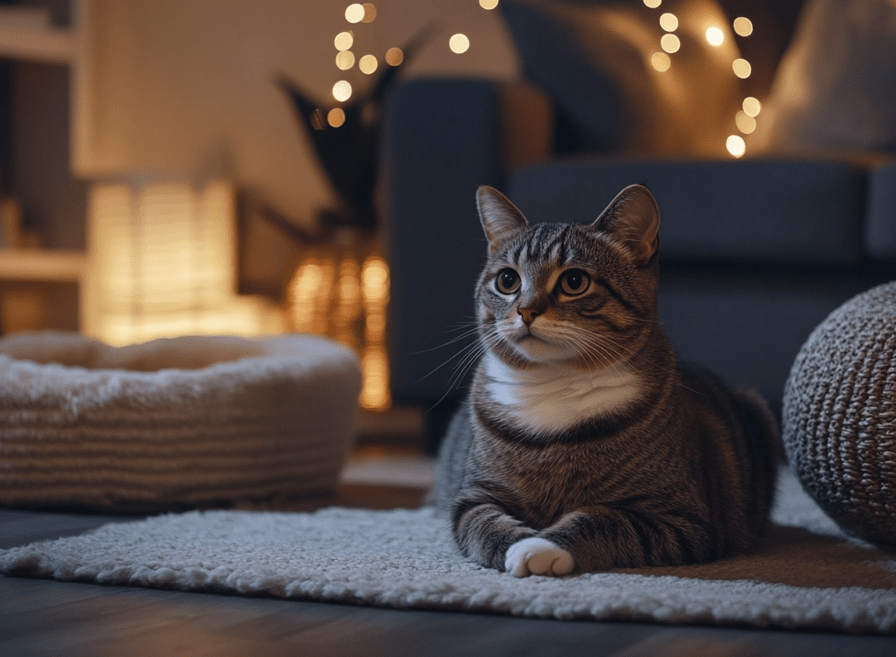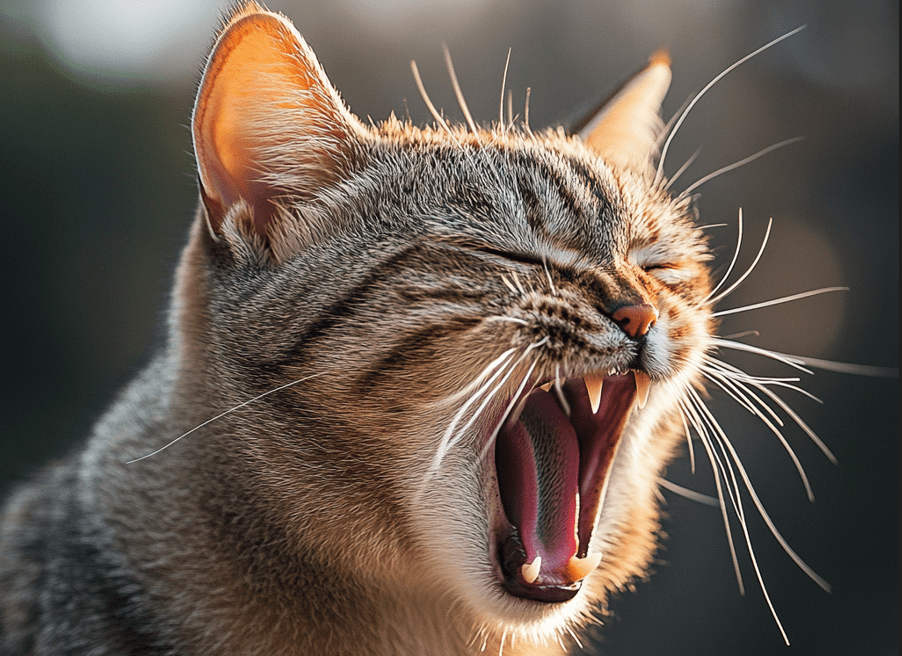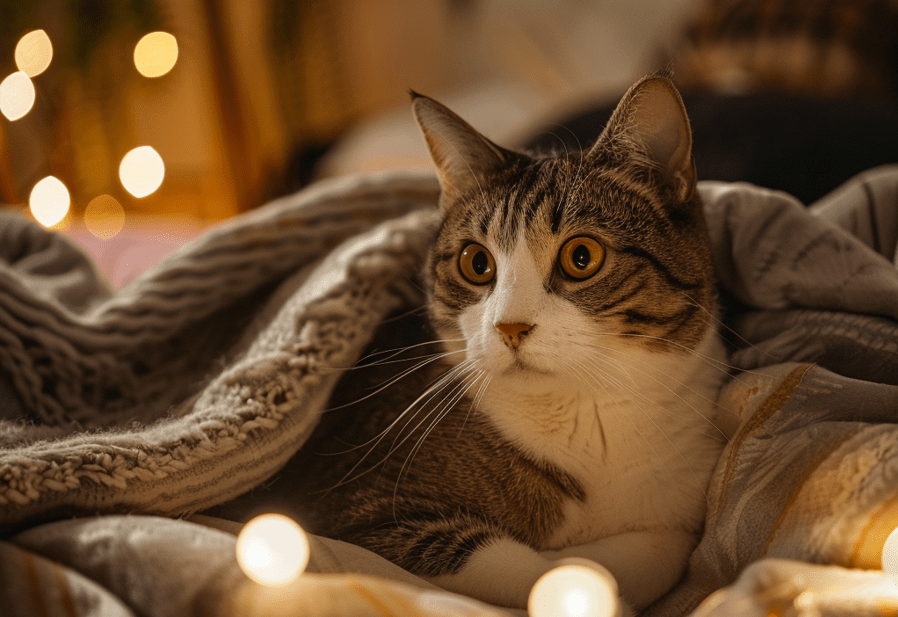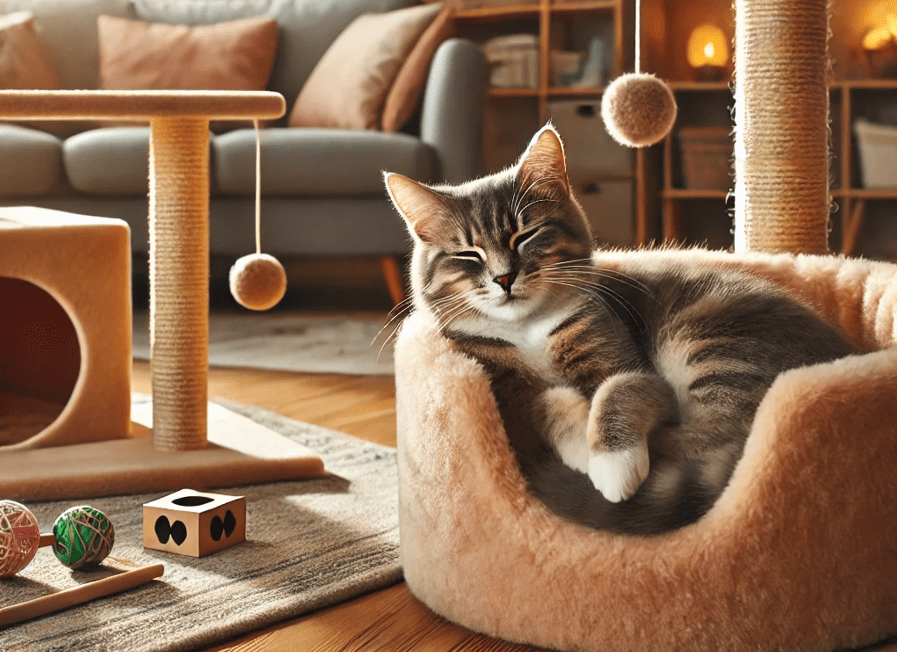Key Points:
1.Cat anxiety medication provides safe and effective ways to calm your feline friend and help them lead a happier, more comfortable life.
2,There are many reasons that can cause cats to experience anxiety including sudden changes in their environment or threats from other animals.
3.If you feel your cat is anxious, watch their behavior closely and report those observations to your veterinarian. This will assist the vet in determining whether anxiety medication is needed.
4.Before treatment can begin, the veterinarian will have to identify which type of anxiety your cat has, but treatment can include behavioral therapy, medications or both. Ask your vet what’s best for your cat.
Just like humans, cats also experience anxiety. But spotting anxiety in cats is not easy: signs can include anything from slight changes in body posture to unusual urination.
Treatment for anxiety in cats typically includes medications, behavioral changes, or a combination of both. The best treatment will depend on what’s behind your cat’s anxiety, which your veterinarian may be able to help determine.
Here we discuss treatment options which can help treat anxiety in cats.
Cat Anxiety Management Medication
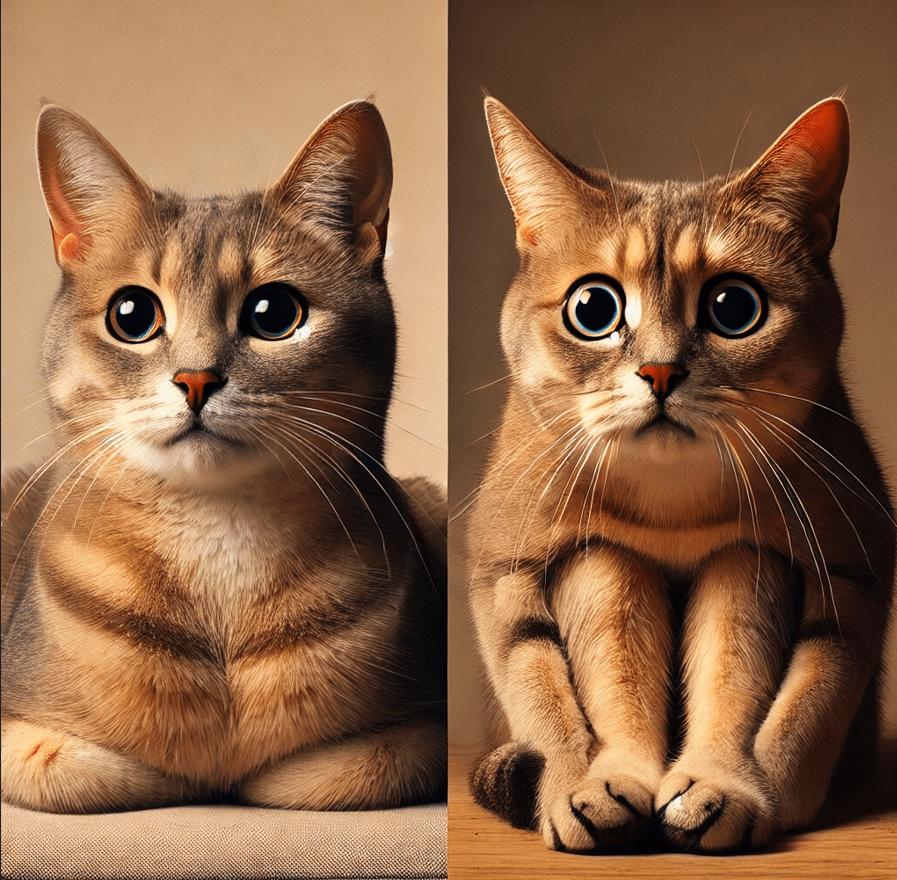
Although there are no medications that are approved by the FDA solely for the treatment of anxiety in cats, many veterinarians may prescribe certain medications off-label to help alleviate symptoms of anxiety. The most common medications include antianxiety drugs and antidepressants. The best treatment will be determined by a veterinarian according to the symptoms and triggers of the cat’s anxiety.
Benzodiazepines

Benzodiazepines are perhaps the most well-known class of antianxiety drugs. These are particularly effective for anxiety in response to specific events, like loud noises, and generally work quickly. Some benzodiazepines used in cats are:
1.Alprazolam (Xanax)
2.Clorazepate (Tranxene)
3.Diazepam (Valium)
4.Oxazepam (Serax)
Different benzodiazepines are better suited to certain situations. For instance:
1.Oxazepam is often used for anxiety from noise (such as thunderstorms or fireworks).
2.Alprazolam can reduce anxiety, including from travel.
3.Diazepam may also be useful to control marking urine, but many cats continue marking after treatment is completed.
Each cat’s required dosage of benzodiazepines is different and it may take a short trial-and-error period to find the appropriate dosage. These drugs typically take 1 to 2 hours to work, and most felines will exhibit drowsiness after consuming them.
Benzodiazepines may cause an increased appetite or a loss of balance. Rarely, these medications can have the opposite effect, increasing rather than diminishing anxiety.
Gabapentin
Gabapentin is a medication also used for treatment of situational anxiety in cats. This is especially helpful for stressed cats in cases of long car rides, vet visits, or loud noises. Gabapentin is best given 2 to 3 hours ahead of the expected stimulus. Some common side effects in cats are drowsiness, coordination difficulties, and less energy. These effects are generally short-lived and will pass after about 8-12 hours.
Buspirone
Buspirone (Buspar) is another antianxiety medication that can benefit cats, particularly those who engage in urine-marking behaviors. But the full effects of buspirone may not be noticed for as long as 8 weeks. In cats, the most common side effect is increased affectionate behavior, like more purring and more rubbing. Other possible side effects include:
1.Nausea
2.Dizziness
3.Decreased appetite
4.Restlessness
Antidepressants Tricyclic for Cats
Antidepressants are another good option for managing anxiety in your cat when no cause is apparent. These drugs tend to take weeks to achieve maximum potency and must be taken daily. But they provide more durable relief than short-term options such as benzodiazepines or gabapentin.
Tricyclic antidepressants (TCAs) are often the first choice for treating cats with chronic anxiety. TCAs function by increasing the levels of norepinephrine and serotonin in the body — two chemicals that are crucial in controlling moods and mitigating stress. Some TCAs that may be prescribed for cats are clomipramine (Anafranil) and amitriptyline.
TCAs are helpful but can have the following side effects in cats:
1.Drowsiness
2.Constipation
3.Dry mouth
4.Dry eyes
5.Vomiting
6.Diarrhea
7.Weight gain
You should continue to watch your cat carefully and contact your vet should any side effects arise.
Selective Serotonin Reuptake Inhibitors (SSRIs)
Selective serotonin reuptake inhibitors (SSRIs) are a group of antidepressants sometimes prescribed for anxiety in cats. SSRIs are said to increase serotonin levels in the brain, which can help regulate your mood. However, it usually takes 5 to 8 weeks for these medications to make a visible impact in pets. They are given daily to avoid variability in results.
Some SSRIs commonly prescribed for cats are:
1.Fluoxetine (Prozac)
2.Paroxetine (Paxil)
3.Sertraline (Zoloft)
Although SSRIs can be helpful, they can also produce side effects like appetite changes or gastrointestinal problems. These medications can, less commonly, through seizures. If your cat develops seizures or other serious reactions following the initiation of an SSRI, seek veterinary attention as soon as possible.
Over-the-Counter (OTC) Treatments for Anxiety in Cats
There are no over-the-counter drugs considered safe for treating feline anxiety. Human OTC products can be dangerous to cats, including antihistamines (Benadryl) and supplements like melatonin. These substances are also highly toxic to felines and are therefore not safe to give at random since the risk of accidental overdose is rendered high.
Note: The above is not medical advice. Always ask your veterinarian before giving your cat any medicine or vitamin.
How to Calm Your Cat Naturally
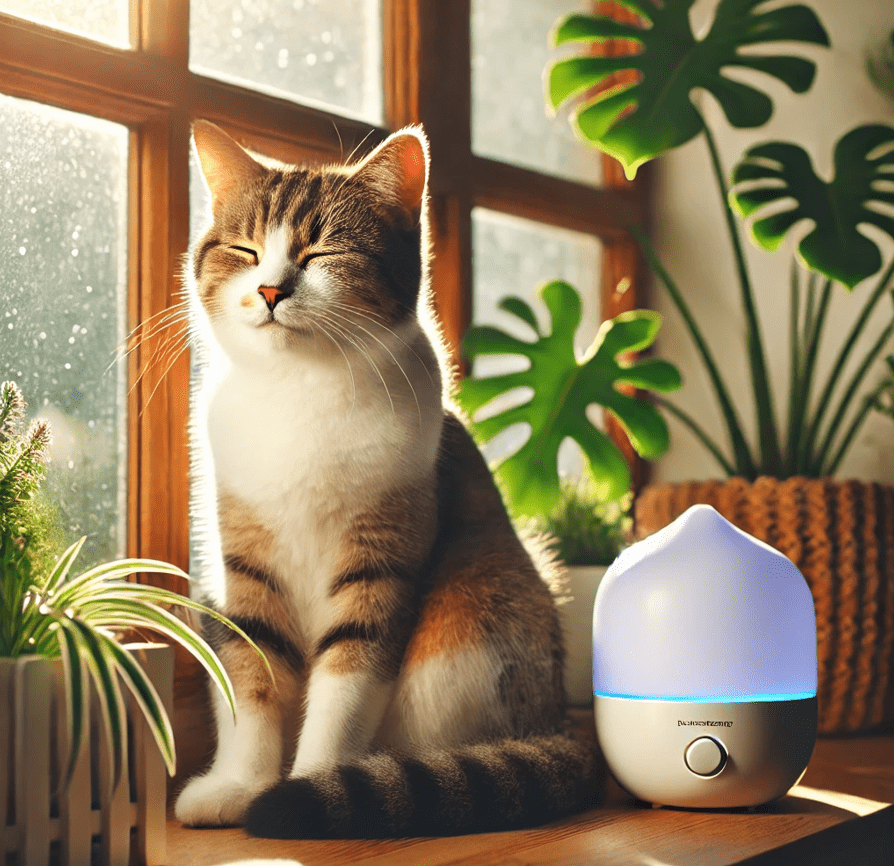
Many natural products are sold as remedies and claim to help calm cats, but they are not all equally effective. One example is feline pheromones, which have been studied, but there was not a statistically significant improvement in reducing stress in shelter cats.
Calming diets and treats may also be effective. Research has shown that diets added with the ingredient alpha-casozepine and L-tryptophan may help reduce anxiety in cats, though they may not help with every type of feline-induced stress. Consult your veterinarian prior to offering any natural remedies. 8) They’re able to recommend products that are suitable for your cat’s individual needs.
Cognitive behavioral techniques are also an effective way to calm an anxious cat. Pets often take on their owner’s feelings, so keeping calm around your cat can be helpful. An animal behaviorist can help as well. Desensitization and counter-conditioning are two methods that are commonly used by behaviorists to slowly accustom cats to the things that are causing them anxiety and equip them with coping mechanisms over time.
What You Can Do to Avoid Cat Anxiety
Understanding the cause is the key to prevent cat anxiety. By recognizing the triggers, you can either avoid stressful situations or help your cat adjust when they can’t be avoided.
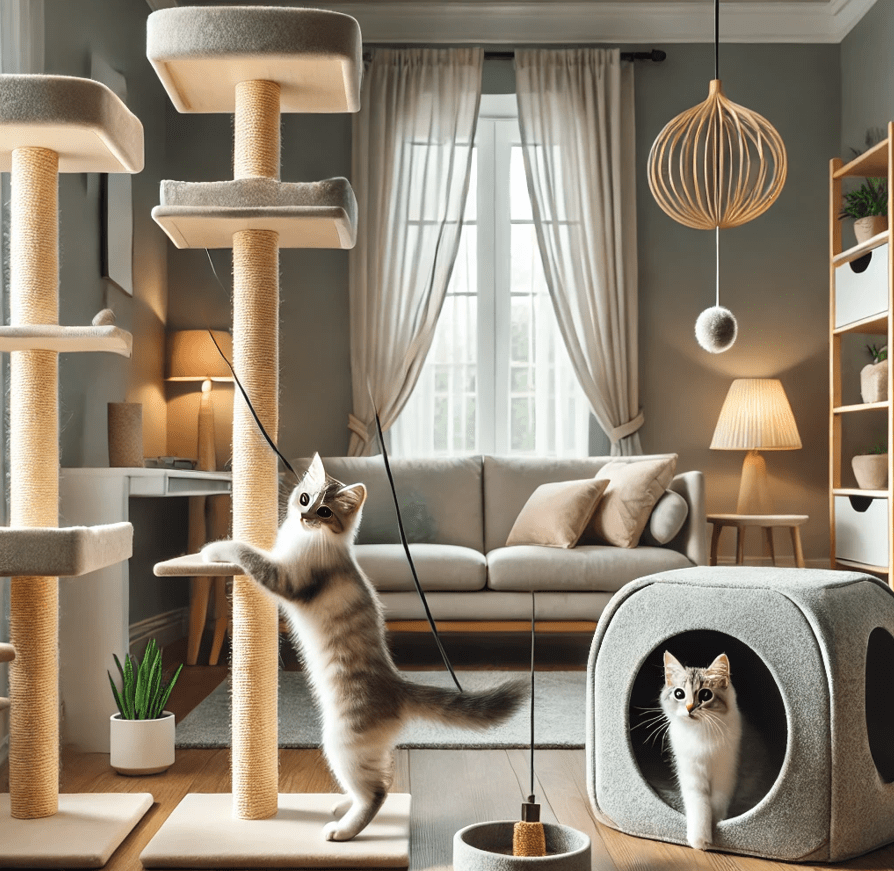
Cats love routine, and have very particular basic needs. It is important to make sure that they feel safe while they are eating, drinking, using the litter box, playing, and exploring. Following are some practical steps to satisfy these needs:
1.Provide small, frequent meals during the day.
2.Provide hunting-like toys and treats so your cat can pounce and play.
3.Get involved with your cat regularly and ensure that they obtain exercise.
4.Fill your home with enriching features like perches, climbing structures, hiding spots and scratching posts.
By filling these needs and providing calm, stimulating environment, you can minimize the risk of anxiety in your cat.
Final Thoughts
There are many reasons why you cat might be anxious. Depending on your cat’s particular symptoms, a vet may prescribe medications like anti-anxiety drugs or antidepressants to help relieve their stress. In addition to medication, behavior techniques can be used to modify your cat’s anxious tendencies over time.
As all cats have different personalities and behaviors, there’s no universal solution for anxiety control. If you suspect that your cat is suffering from anxiety, consult your veterinarian. They can offer specialized advice and recommend the best course of action for your pet.

